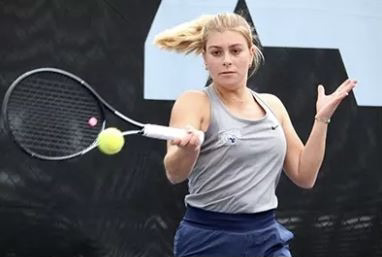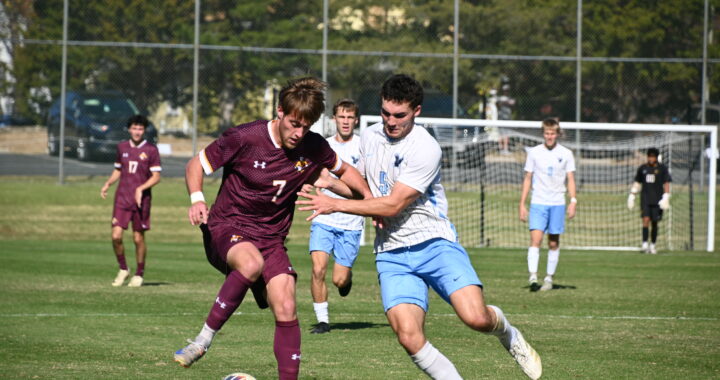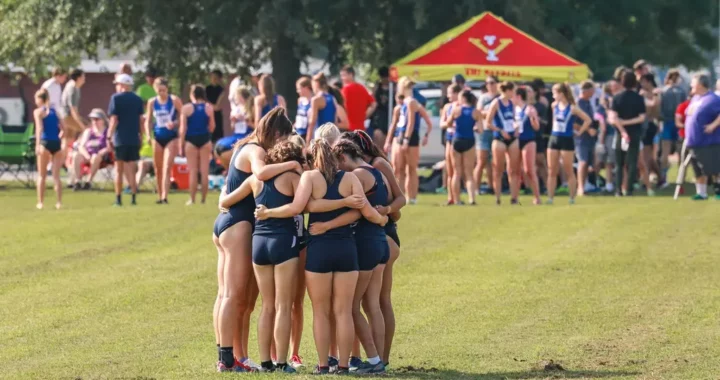Esports become increasingly popular at neighboring colleges
3 min read
The Esports organization has become a sense of community for gamers. | psu.com
By: Daniel Rozzel
George Mason University’s esports program could serve as a model for UMW if it chose to create its own esports program.
Collegiate esports has seen significant growth according to a study conducted by the Grand Canyon University. In 2009, there were only two collegiate esports programs; by 2019, there were 346 schools with collegiate programs. The University of Mary Washington has yet to become a member of this growing list. Some students were unaware of how exactly a university goes about developing and maintaining these programs.
“I’ve always thought the idea of students being able to represent themselves on a college-level playing the games they love and excel at is a great idea, I’ve personally never really thought about how the programs are run or the types of opportunities available. I know that we don’t have a team or anything, but I think there’s a community here that would be interested in the idea, and I could see myself being a spectator,” said UMW senior business administration major Allison Morris.
GMU Esports was formed back in late 2018, with a smaller club existing previously since 2011. Since then, the program has grown with around 100 players currently on competitive teams. The organization covers four major games with competitive teams: Super Smash Bros, League of Legends, Rocket League, and Overwatch.
The structure of esports is in some ways similar to that of traditional sports.
“In collegiate star league, CSL (a divisional league for the game Rocket League), there’s a ton of different leagues. There’s the star league, there’s the challenger division, and there’s the open division. Each of which is supposed to go down in competitiveness each time,” said Daniel Harrison, the Rocket League Team manager who joined GMU Esports in 2019.
With more colleges creating collegiate programs, many of these game developers like Psyonix (the developer of Rocket League) have begun hosting major tournaments for collegiate teams. Their first tournament was held in 2017 with a prize pool of $50,000 and their upcoming tournament has a total prize pool of $75,000. This provides opportunities for players to gain recognition and also serves as a source of earnings for these players.
“We also compete in the main competition that Rocket League itself, Psyonix, puts on, for its competitive collegiate community. And that’s called the CRL Collegiate Rocket League, which is not a league but a tournament. So that’s one of the ones that we take most seriously,” said Harrison.
One of the advantages of esports, according to players, is that all of the gameplay is easily streamed and can all be done virtually. This allows the players to continue competing in competitions even during the global pandemic. This also allows for students and any other spectators easy viewing of the events and even giving unique perspectives of the overall gameplay and what each player is seeing. GMU Esports is able to stream these events through a dedicated team, that ensures the regulation of streams to match individual league and tournament guidelines.
“So our staff structure is made up of the leadership team, event planning team and social media team. Among the social media team, is the streaming and video team. So every time that we take part in the competition, we always love to have it streamed by our dedicated streamers and casters among GMU volunteers,” said Harrison. “The only thing that would disqualify us from doing something like that is if we look in the league rules and it says [the league administration] doesn’t want any of this streamed. A lot of them say, you know, minimum one minute delay. Some of them will just have specifications when it comes to streaming things on Twitch or YouTube or whatever it may be.”
GMU Esports players say the organization has been instrumental in forming a community.
“I think it’s just an organization that’s trying to reach a different set of people in a different community and host a healthy environment for that community representative or representing GMU,” said Harrison.
Peter Parker, student president of GMU Esports, agreed.
“Within the past few years, the esports community has meant a great deal to me. I’ve met a lot of great friends and have a lot of support from people I’ve met through esports. Having a shared sense of place is very important for everyone, and it’s one of the reasons why I enjoy working in esports,” he said.


